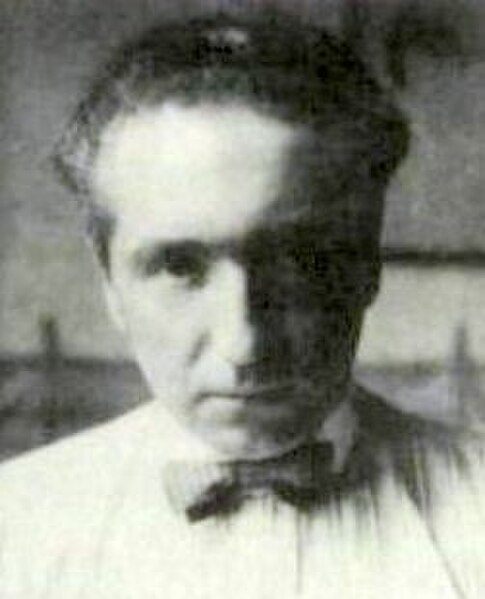The Office of Censorship was an emergency wartime agency set up by the United States federal government on December 19, 1941, to aid in the censorship of all communications coming into and going out of the United States, including its territories and the Philippines. The efforts of the Office of Censorship to balance the protection of sensitive war related information with the constitutional freedoms of the press is considered largely successful.
Manhattan Federal Building with Office of Censorship at 252 7th Avenue in 1945
Employee pin of World War II US War Service, Office of Censorship. The words on the shield in the center read Silentium Victoriam Accelerat (Latin: "Silence Speeds Victory," the motto of the Office)
A 1943 Works Progress Administration poster suggesting that careless communication may be harmful to the war effort. It depicts a letter from a soldier stamped "examined by 42."
Censorship in the United States
In the United States, censorship involves the suppression of speech or public communication and raises issues of freedom of speech, which is protected by the First Amendment to the United States Constitution. Interpretation of this fundamental freedom has varied since its enshrinement. Traditionally, the First Amendment was regarded as applying only to the Federal government, leaving the states and local communities free to censor or not. As the applicability of states rights in lawmaking vis-a-vis citizens' national rights began to wane in the wake of the Civil War, censorship by any level of government eventually came under scrutiny, but not without resistance. For example, in recent decades, censorial restraints increased during the 1950s period of widespread anti-communist sentiment, as exemplified by the hearings of the House Committee on Un-American Activities. In Miller v. California (1973), the U.S. Supreme Court found that the First Amendment's freedom of speech does not apply to obscenity, which can, therefore, be censored. While certain forms of hate speech are legal so long as they do not turn to action or incite others to commit illegal acts, more severe forms have led to people or groups being denied marching permits or the Westboro Baptist Church being sued, although the initial adverse ruling against the latter was later overturned on appeal to the U.S. Supreme Court case Snyder v. Phelps.

Anti-vice crusader Anthony Comstock, whose name became synonymous with censorship of anything that frankly discussed human sexuality
WPA poster, 1943
An employee pin from United States Office of Censorship during World War II
Austrian-American psychoanalyst Wilhelm Reich, whose publications were burned by order of a U.S. court





